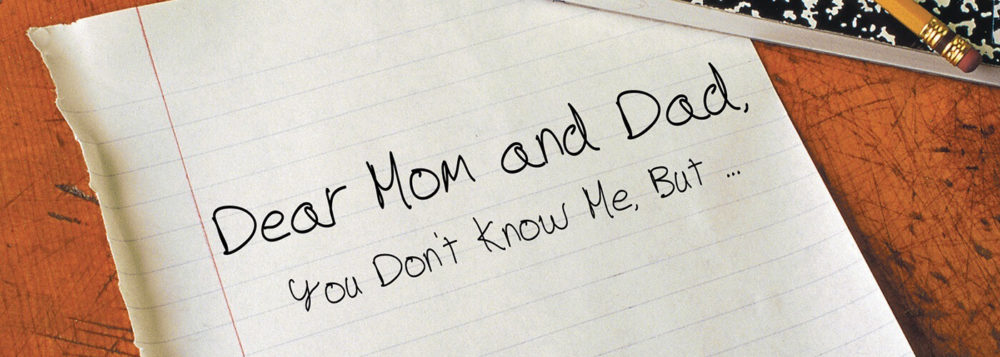Yes, I know, I’ve been silent and AWOL for a couple of weeks. I’ve been pre-occupied with things of the mind which I hope will be at least partially explained by what follows.
There are two things in my life that are so intertwined with emotions, both joy filled and grief stricken which I am, at times, incapable of separating. I am, by nature a very visual person; a fact which makes one of those two things seem somewhat improbable. Those two things are history, my history, and music; the improbable.
Once I got beyond the basic rudiments of reading in the first grade, and the simplicity of “Dick and Jane” and “See Spot Run,” I became fascinated with history. The fascination was so intense at times that I wished I could have lived in the times of past heroes and heroines. The desire to live in the past became so absorbing that I became known to all as a “daydreamer.” The times I desired to visit and the histories I wanted to be a part of varied from Ancient Egypt, Alexander the Great, Hannibal, Genghis Khan and the glory of Rome to the civilizations of central America, the American Revolution and of course, the American west of the 19th century. If desire alone could have created a time machine then I would have been credited with its invention. That, of course, is not a part of my history.
When I was writing down my own history in “Dear Mom and Dad” I relied on the memories of my mind, the memories evoked by the notes buried in Day Timers and letters from the past, as well as thousands of photographs, to piece together a realistic picture of my history. The problem with notes and pictures alone is that they frequently do not generate the critical ingredient in accurate memory of the emotions of the time. It’s akin to watching a silent movie. For me it’s the music of the time which is the yeast that causes the flat bread of my history to rise.
I simply see no use in reviewing my own history without benefit of the sounds of the music that was so prevalent at the time, even though the complete memory created by the music often results in profound sadness and melancholy. But that is not the real problem for me. My problem is an insatiable craving for knowledge of the future; what will my history include next year, next month, next week; even tomorrow?
Intellectually I know that spending so much as a nano-second on what the future holds is a complete waste of the precious time I have left, but try as I might I inevitably find myself consumed with an insatiable desire to know the future. I cannot begin to count the times I have found myself not just pondering what the future holds for me, but obsessing over it at times. In “Dear Mom and Dad” I quoted a saying of unknown origin not once but a couple of times, which is, “Worry is only the interest you pay on trouble before you have it.” One would think that by now I would have that so ingrained in my being that I would be incapable of worry, but that’s not the case.
If my faith were as strong as I like to think it is, that faith would have put an end to worrying for me. The truth of the matter is that my faith in God is totally unshaken. My faith in my understanding of God and his plan for me, however, is quite shaky at times and the past few weeks have been one of those times. My solution has been to review my own history. The way I chose to do that was to complete a project I’d started, but had been reluctant to continue because of the memories I knew would be resurrected in the process . I devoted most of a week to scanning all the pictures of Marilyn that were in 2 huge albums of 400 plus pictures each. As I worked, I listened to her extensive collection of music. The combination of the visual history in the photographs and the music she loved; a sort of living in the past, helped me avoid the debilitating worry over my own future history; namely was there a job in my future history or eviction from my home?
On the wall above my desk is a framed quote from Proverbs. “Trust in the Lord with all your heart; do not depend on your own understanding. Seek His will in all you do and He will show you which path to take.”
When will I ever learn? Worry was indeed the interest I paid on trouble I never had.
